When you begin to add up the riches of the forest, it is incomprehensible that a state could lease these lands to palm oil developers for next to nothing.
There’s timber, of course. Illegal logging is a major problem in the Congo Basin, but timber can be harvested sustainably to provide wood and income for local communities. It’s also worth noting that logging and clear-cutting are not the same thing. When forests are razed it’s for industrial agriculture.
In a recent article for environment360, Fred Pearce writes:
Logged tropical forests, new research suggests, are much more valuable for biodiversity than previously thought. Our understandable preoccupation with protecting pristine ecosystems may be blinding us to the fact that the forests that have been selectively logged deserve conservation, too. One immediate and troubling implication is that schemes backed by conservationists in Indonesia and elsewhere to turn “degraded” forests into palm oil plantations will do far more damage to nature’s biodiversity than the original logging.
It’s an interesting story that raises serious questions about clear-cutting any tropical forests.
But beyond timber, the forests are a vast source of food, medicine, building materials and revenue for local communities. For those who study forest economies, there’s a growing recognition of the importance of non-timber forest products (NTFPs) for rural livelihoods.
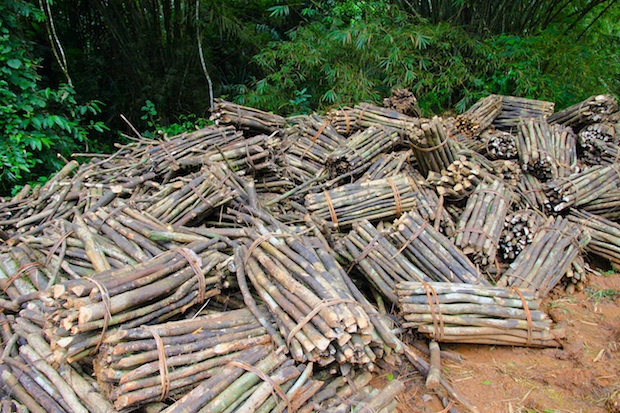
Branches used for making pegs, posts, toothpicks, etc. Bamboo in background is used for building and furniture.
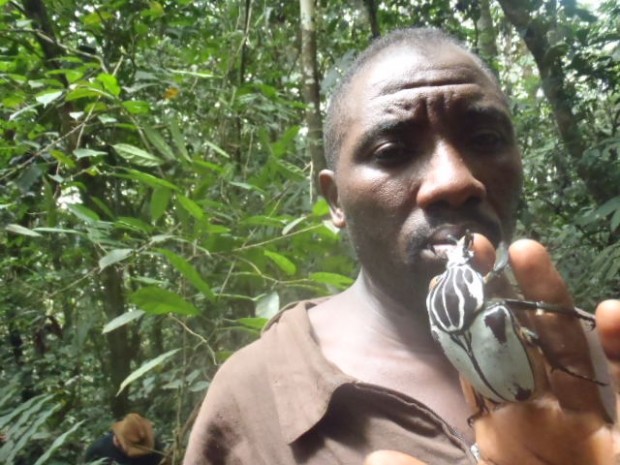
A local collector in Cameroon with a Goliath beetle – the 4th largest beetle in the world. Photo: John Fogoh Muafor
Consider beetles:
Protection of beetle habitats in Cameroon and regulation over their collection and trade could help lift rural communities out of poverty while conserving relic forest patches in the region, a new study says.
The hardy insects are the most diverse of all living organisms in terrestrial ecosystems, constituting nearly a quarter of our global biodiversity.
They have long been harvested by forest-dwellers in parts of Africa for local consumption, some having a nutritional value comparable to meat and fish and others a higher value proportionally of proteins, fat and energy. And since the 1980s when enthusiastic beetle collectors arrived in southwestern Cameroon and started training people to identify and gather unique or interesting species, the bugs have been exported (usually after negotiations via the Internet) to Europe, Asia and the Americas.
This article, appearing in Forests News, a blog from the Center for International Forestry Research, points out that income from NTFPs “often complements main sources of income – cash crops such as cocoa or coffee – especially during the off-harvest season.”
This is important to remember when palm oil developers talk about the employment that plantation agriculture will bring. Plantations certainly employ agricultural workers (low paid jobs, for the most part), but smallholder farmers are able to boost their incomes through NTFPs. When the forest is razed, this extremely valuable source of revenue, food, medicine and building materials will be gone.
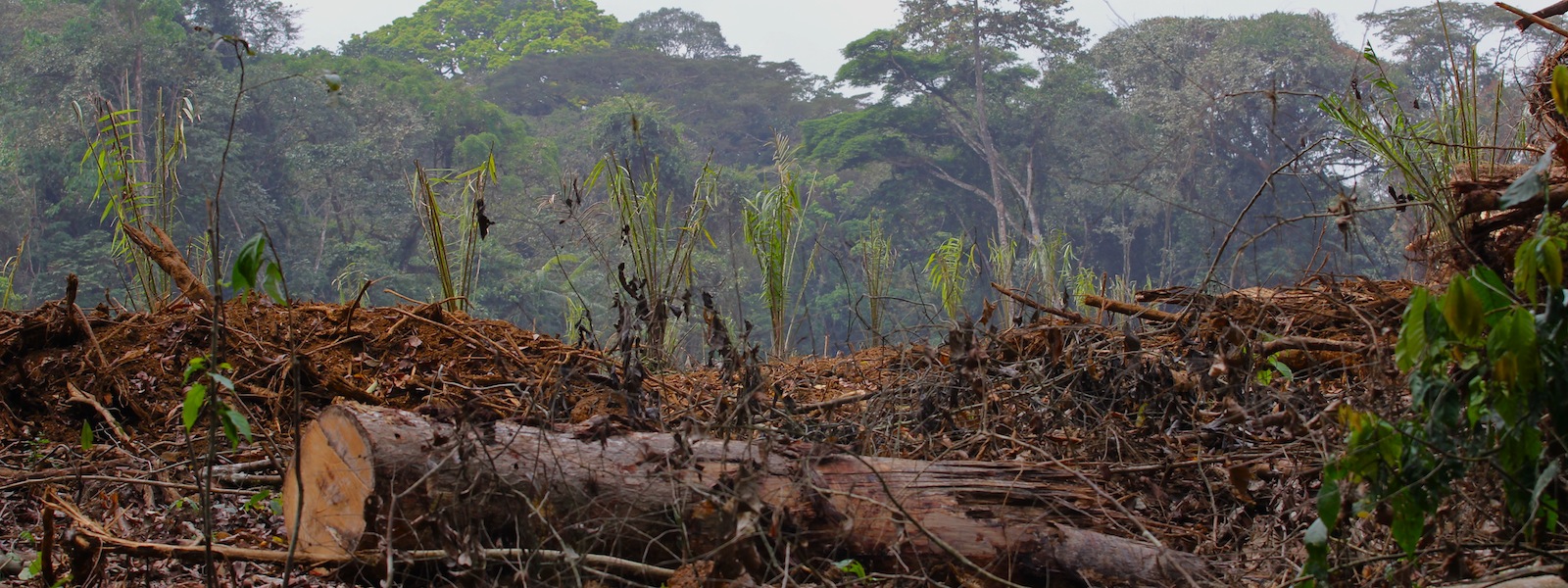
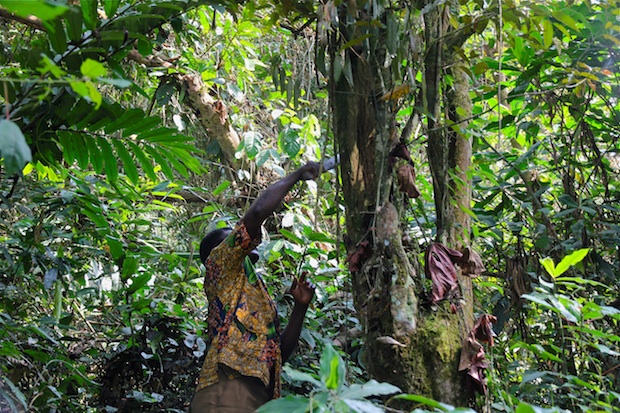
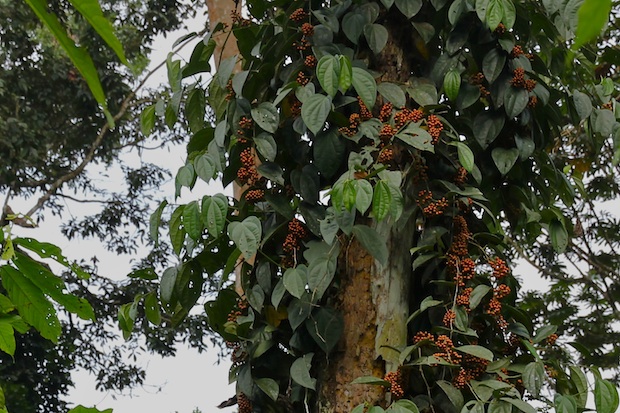
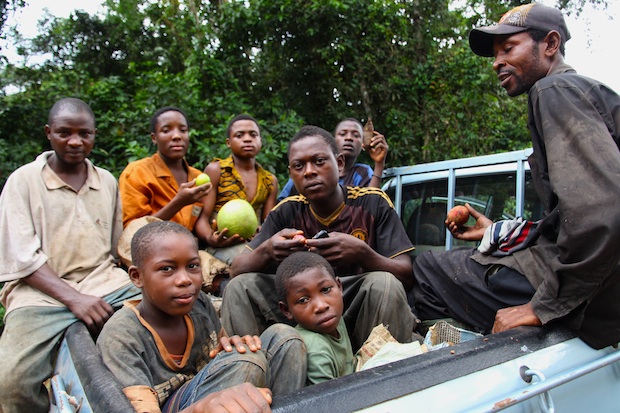
hELLO IM LOOKING FOR BEETLES GOLIATHUS TO BUY FROM LEGAL 100% PLACE AND SUPLIERS PLEASE CONTACT MY BY EMAIL